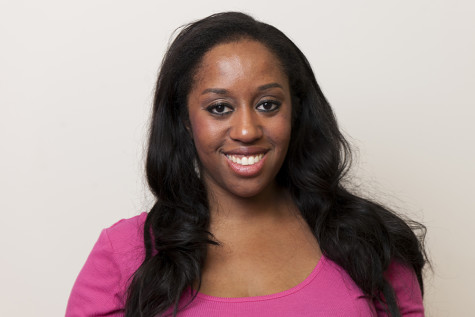Rape prevention should focus on aggressors, not victims
October 28, 2013
Since the Kansas City Star exposed the horrifying details of the Maryville, Mo. rape case on Oct. 12, the public has scrambled to make sense of the chilling allegations. Daisy Coleman, who courageously chose to release her name, claims a 17-year-old high school senior raped her in January 2012 when she was a 14-year-old freshman. Despite her obvious intoxication and inability to verbalize coherently, the encounter was filmed without her permission. After the assault, the aggressor left Coleman outside her house in 22-degree weather with nothing but a shirt and sweatpants. In the wake of police investigations, the town rallied behind the alleged perpetrator and his politically prominent family, compelling Coleman and her mother to leave Maryville.
Despite the countless lessons that can be extracted from this story, the public tends to predominantly focus on one — women should share the blame. In a recent Slate piece, columnist Emily Yoffe suggests that advising women to limit their alcohol intake serves as an excellent rape prevention strategy. At first glance, this suggestion seems benign. Then, despite Yoffe’s seemingly practical proposal, her rhetoric takes a treacherous turn.
“I’ve told my daughter that it’s her responsibility to take steps to protect herself … if I had a son, I would tell him that it’s in his self-interest not to be the drunken frat boy who finds himself accused of raping a drunken classmate,” she writes. Herein lies the problem — rape has nothing to do with women’s drinking habits.
The real issue is the double standard by which the public delivers messages to men and women. As a result, rape prevention efforts misguidedly target potential victims rather than aggressors, a communicative lapse that society must change. This is not to say women should disregard necessary precautions or pretend that predators do not exist. The world is unquestionably dangerous, and women must protect themselves. Regardless, we cannot sustain a narrative that blames victims for drinking too much or wearing too little. We must emphasize that sexual assault is unacceptable and not simply because rape charges are not in men’s self-interest.
The lessons that can be learned about the Maryville rape case extend far beyond the realm of drinking. Coleman was under the age of consent, filmed pornographically and easily could have died from the severe weather — all indications that the aggressor needs to be punished. Instead of concentrating on Coleman’s intoxication, Yoffe and her counterparts must start a dialogue about how the rapist should have taken responsibility for his illegal actions rather than remaining silent as his 14-year-old victim deteriorated from emotional distress. Society should no longer take the easy way out. Refusing to target aggressors not only negates the productivity of discussion, but also reflects complacency with demonizing victims.
A version of this article appeared in the Monday, Oct. 28 print edition. Christina Coleburn is a staff columnist. Email her at [email protected].


























































































































































